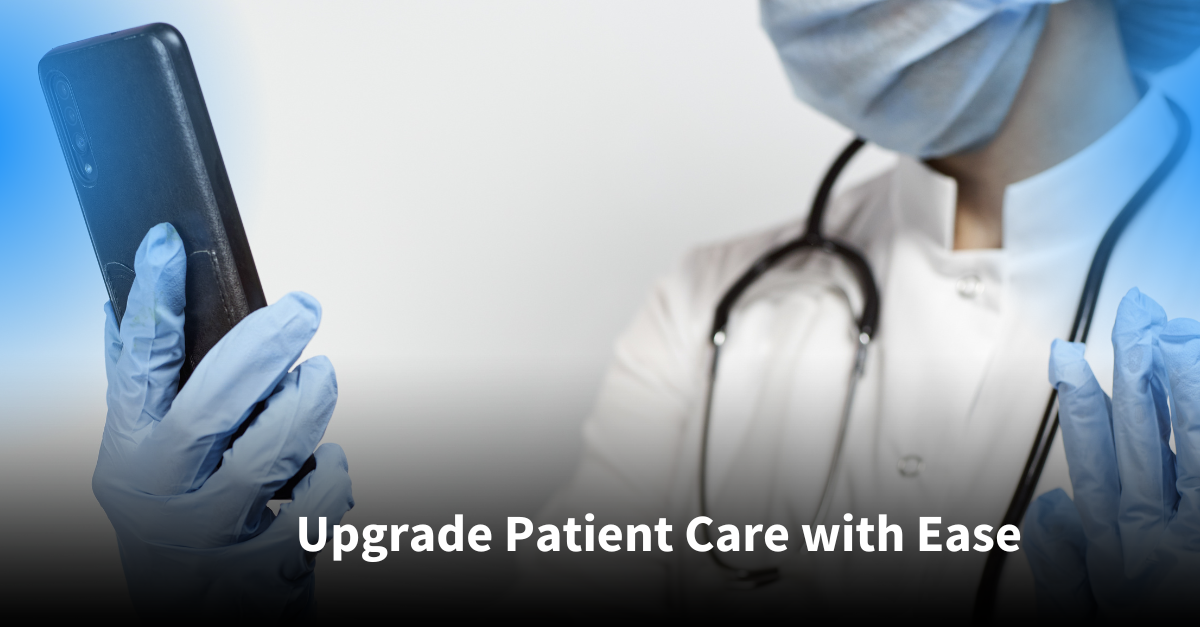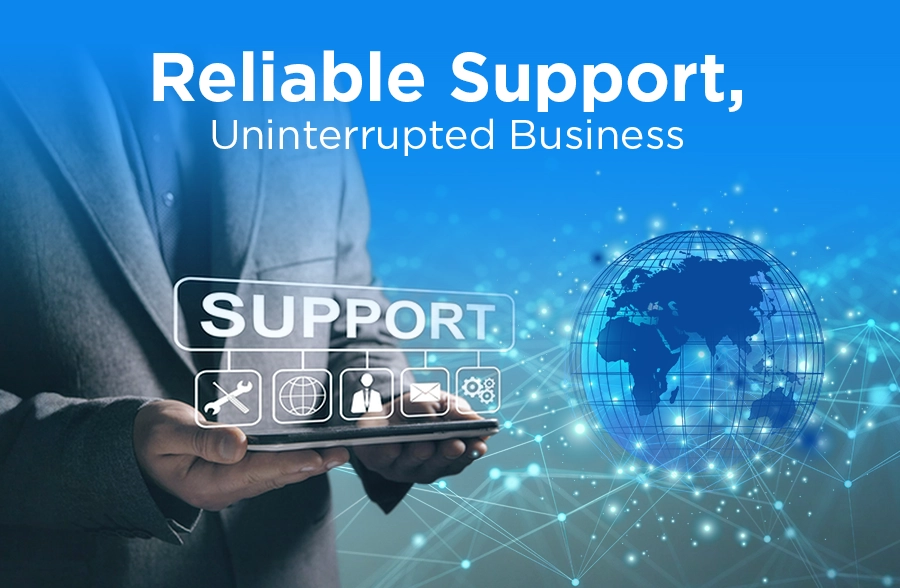Schedule a FREE call with our outsourcing expert now and get a precise quotation that meets your requirements. Don't wait - get started today!
In healthcare, customer service isn’t just a department; it’s a lifeline. The experience patients have when they call your facility can significantly shape their trust in your services. As a healthcare provider, ensuring your call center runs effectively isn’t just a goal—it’s a necessity.
Communication is at the heart of every patient interaction. From managing patient inquiries to balancing high call volumes, your healthcare call center plays a pivotal role in your operations.
So, how can you improve your healthcare contact center in just one day? By mastering proven strategies designed for success.
This guide will walk you through healthcare call center best practices tailored to SMEs, ensuring your team delivers exceptional service, reduces call volume, and enhances patient care. Let’s begin!
Why Your Healthcare Call Center Matters
Healthcare contact centers are often the first point of contact for patients. Whether they’re scheduling an appointment, clarifying billing questions, or seeking urgent care, these calls are critical moments in patient care.
An efficient healthcare call center ensures:
- Prompt handling of incoming calls to minimize wait times.
- Accurate responses to patient inquiries, boosting satisfaction.
- A streamlined process for automated appointments and follow-ups.
For SMEs, providing reliable healthcare services through a professional call center is vital to maintaining patient trust and loyalty.
Key Best Practices for Healthcare Call Centers
Implementing the right practices is essential to ensure your healthcare call center operates smoothly and meets patient needs effectively.
1. Equip Call Center Agents with Proper Training
The success of any healthcare contact center begins with its team. Your call center agents need training that prepares them for the unique demands of the healthcare industry.
Training Essentials:
- Medical Basics: Familiarize agents with common medical terms and protocols.
- Empathy Skills: Teach active listening and compassion for patient concerns.
- Compliance Knowledge: Ensure understanding of HIPAA regulations and patient confidentiality.
By providing comprehensive training, your agents can handle patient concerns confidently and professionally.
2. Implement Strategies to Reduce Call Volume
Managing high call volume is a constant challenge for healthcare call centers. Overloaded lines can lead to frustrated patients and overwhelmed agents.
Effective Call Volume Management Techniques:
- Automated Appointment Scheduling: Let technology handle routine tasks like bookings and confirmations.
- Self-Service Options: Offer online portals for common inquiries.
- Call Prioritization Systems: Direct critical calls to skilled agents immediately.
Reducing call volume through these strategies allows your team to focus on complex cases while improving overall efficiency.
3. Focus on Patient-Centric Communication
Patients expect clear, helpful communication when they reach out to your healthcare call center. Meeting these expectations requires an intentional focus on patient care during every interaction.
Did you know? Nearly 62% of patients say that clear and effective communication with healthcare providers impacts their overall satisfaction with care.
Communication Tips for Agents:
- Be Attentive: Listen carefully to understand patient concerns fully.
- Simplify Explanations: Avoid technical jargon; use simple, clear language.
- Follow Up: Make patients feel valued by checking in on unresolved concerns.
Better communication leads to higher patient satisfaction and loyalty.
4. Leverage Technology for Seamless Operations
Modern technology is an ally in managing a successful healthcare call center. It helps streamline workflows, improve service delivery, and support your team.
Must-Have Tools:
- AI Chatbots: Handle basic inquiries outside business hours.
- CRM Software: Maintain detailed patient records for personalized interactions.
- Call Analytics: Monitor metrics like average wait time and resolution rates.
Technology reduces workload, speeds up processes, and enhances the patient experience.
Tackling Common Healthcare Call Center Challenges
Every healthcare call center, even with best practices, faces challenges, but the right strategies can turn obstacles into opportunities for improvement.
High Abandonment Rates
- Solution: Use callback options and automate responses for frequently asked questions.
Long Wait Times
- Solution: Implement call routing systems to connect patients to the right departments faster.
Agent Stress and Burnout
- Solution: Rotate shifts and provide ongoing support to ensure team well-being.
Proactively addressing these issues keeps your healthcare call center running smoothly and keeps your patients happy.
Measuring Healthcare Call Center Success
Understanding how well your call center is performing is essential for delivering exceptional service. Key Performance Indicators (KPIs) provide measurable insights into your strengths and areas for improvement. By monitoring these metrics, you can identify what’s working and refine strategies for better results. Let’s look at the essential KPIs that can guide your healthcare contact center toward success.
- First Call Resolution: Percentage of calls resolved without follow-ups.
- Average Handling Time: Speed without compromising service quality.
- Patient Satisfaction Scores: Feedback collected via post-call surveys.
By evaluating these metrics, you can continuously refine your approach.
Healthcare Call Center Best Practices: Implement Now!
Now that you’ve learned about the key healthcare call center best practices, it’s time to put them into action. By implementing these strategies, you can enhance the efficiency, patient care, and overall performance of your healthcare contact center.
Book your FREE 60-minute business consultation today with Magellan Solutions, and let’s strategize how to improve your call center operations—NO COMMITMENTS, just results-driven insights! With over 19 years of experience in healthcare BPO, we provide tailored solutions to optimize your call center operations, enhance patient care, and ensure compliance. Our team of experts can guide you through implementing the best practices discussed in this article and more!
















